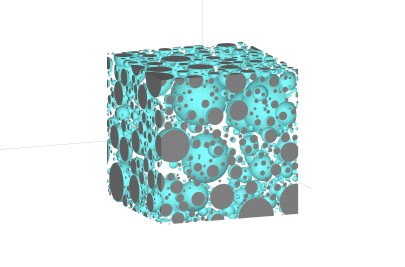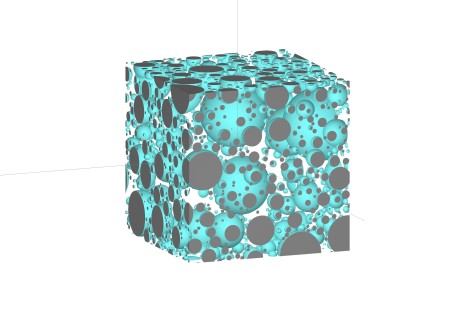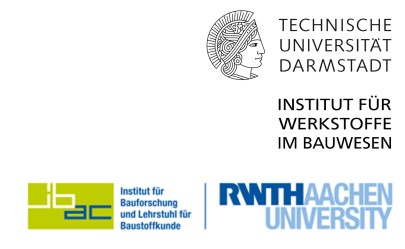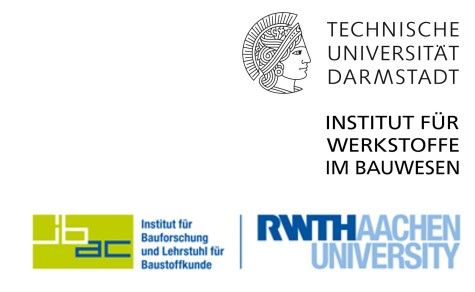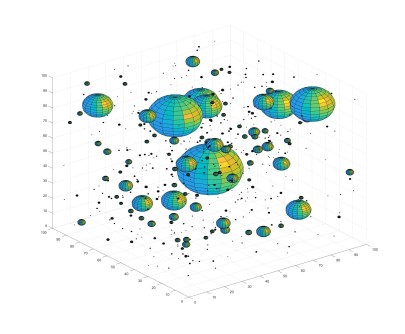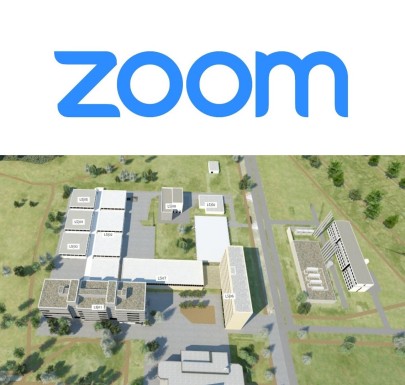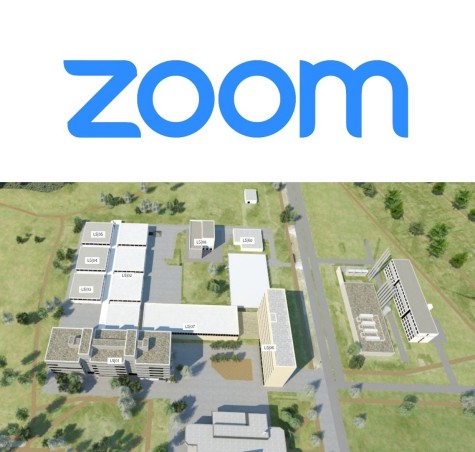Important Format & Schedule Changes
Please note important updates before registering: This year, the event will take place exclusively online (not on-site). Furthermore, it will not be held as a block course but split across several Fridays. Please check your calendar and ensure you are available on all the listed dates before signing up.
Course description:
The course contains detailed lecturing on computational methods covering differential equations, numerical solution strategies, explicit and implicit discretization, Method of Lines, boundary conditions and implementation of physical processes that frequently occur in construction materials. Emphasis will be on the Finite Difference Method applied to transport processes in porous construction materials, such as concrete and insulation materials, and on hydration modelling. Typical problems that will be addressed in this course are thermal, moisture and reactive transport modelling, multi-layer systems, coupled moisture – heat systems, cement particle structure, hydration kinetics and thermodynamic modelling, and the first steps towards high performance computing. The course provides a full solution strategy, starting from a physical problem, to schematization and discretization, to boundary conditions evaluation, implementation and to a computational solution.
Key topics:
- Steady state problems – discretization and implementation in Excel
- Transient problems – explicit & implicit heat and moisture flow – implementation in Octave
- Coupled and multi-layer systems for heat and moisture flow, discretization and implementation in Octave
- Particle structure formation and hydration kinetics of cementitious systems
- Thermodynamic modelling of cement hydration with GEM-Selektor
- Demonstrations and exercises with examples for all topics
- High Performance Computing for large multi-core systems
Teaching language
The course will be held in English.
Objective:
Main objective of the course is to train MSc, PhD and Postdoc students, who are beginners or have no modelling experience, on how to solve partial differential equations and to become familiar with numerical solution strategies for common physical/chemical problems in construction materials. After finishing this course, students will be able to use computational methods for their own research and build their own basic computational models.
Venue:
The course will be provided in a hybrid format, where the actual course will take place at the TU Darmstadt and the online streaming will be offered via the platform ZOOM. A ZOOM-link will be sent shortly before every course day.
Registration fee:
| Participant situation | Registration fee (online) | |
|---|---|---|
|
Full course (5 Fridays) |
Per day (1 Friday) |
|
|
SPP 2436-Net-Zero-Concrete Members (upload proof required) |
free | free |
| MSc students from other Universities | 75 € | 30 € |
| PhD students and/or Postdocs | 350 € | 100 € |
| Professors or representatives from the industry | 1000 € | 300 € |
|
Note: The fees already include RILEM discount. The fee includes online course attendance, basic course materials like a PDF-copy of all PPTs, Octave, programming codes used during lectures and exercises, useful links to freeware, etc. Recordings of the full course will also made available for the participants via an online streaming platform until three weeks after the course. |
||
Exam:
Non TU Darmstadt students may also opt for doing the exam. After succesful passing the exam, a formal document confirming the 6 ECTS will be provided by TU Darmstadt. This document can be used for your graduate school.
CPD Credits:
Continuing Professional Development Credits (CPD credits) will be provided by the Institute of Concrete Technology based on the hours of participation per day.
Enrollment:
The Registration for the “Computational Methods for Building Physics and Construction Materials” course is now open.
- Students in the Master's program of the TU Darmstadt please register regularly via the TuCan system! A further registration is NOT necessary!
| Registration | |
|---|---|
|
to TUCaN |
|
to registration (forwarding to www.aanmelder.nl) |





